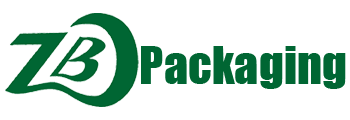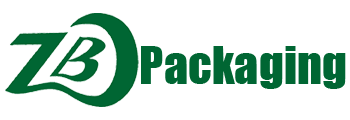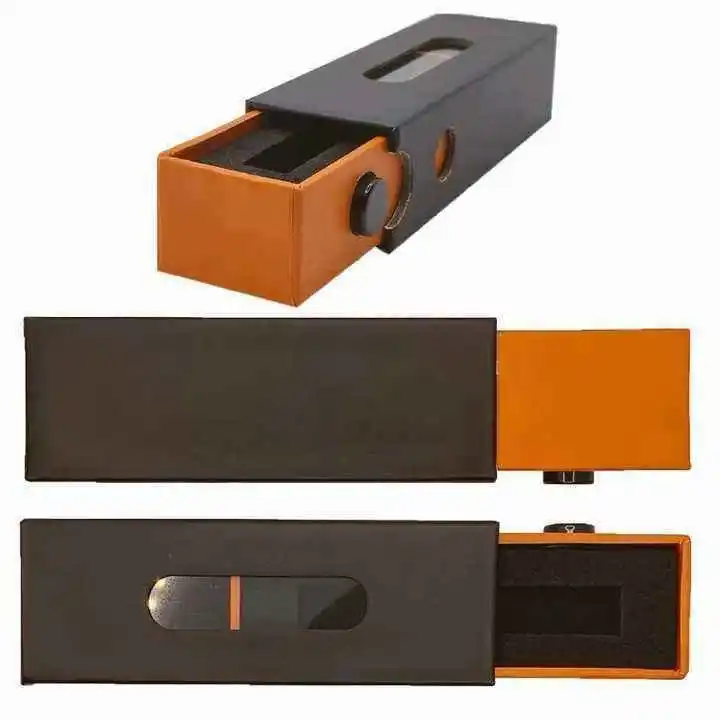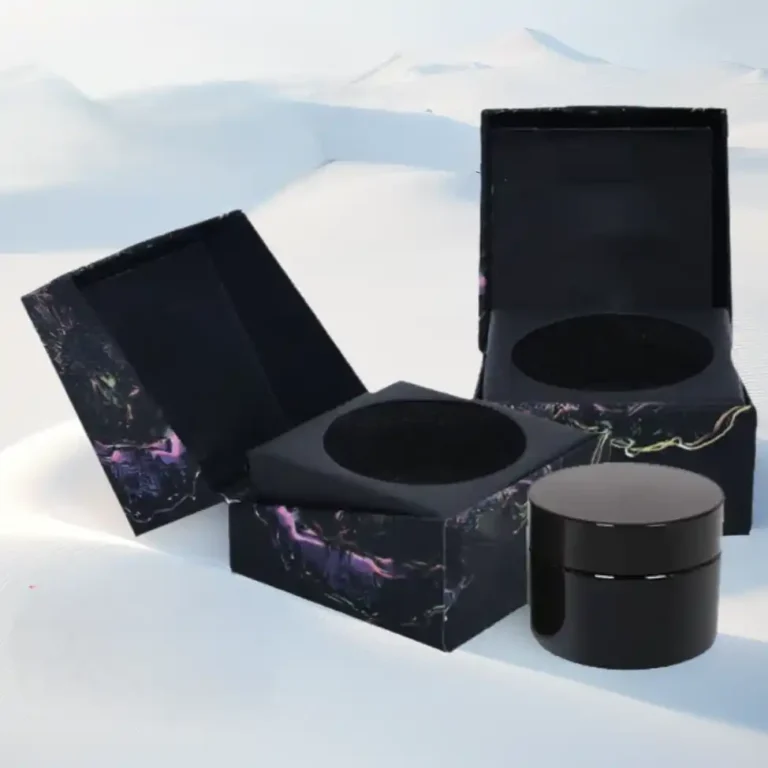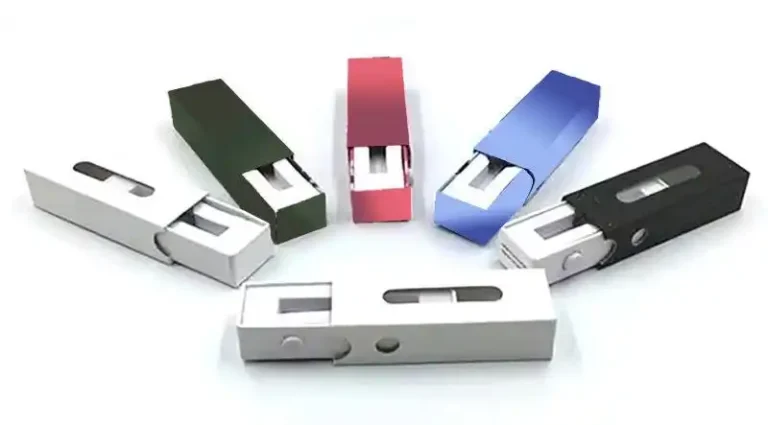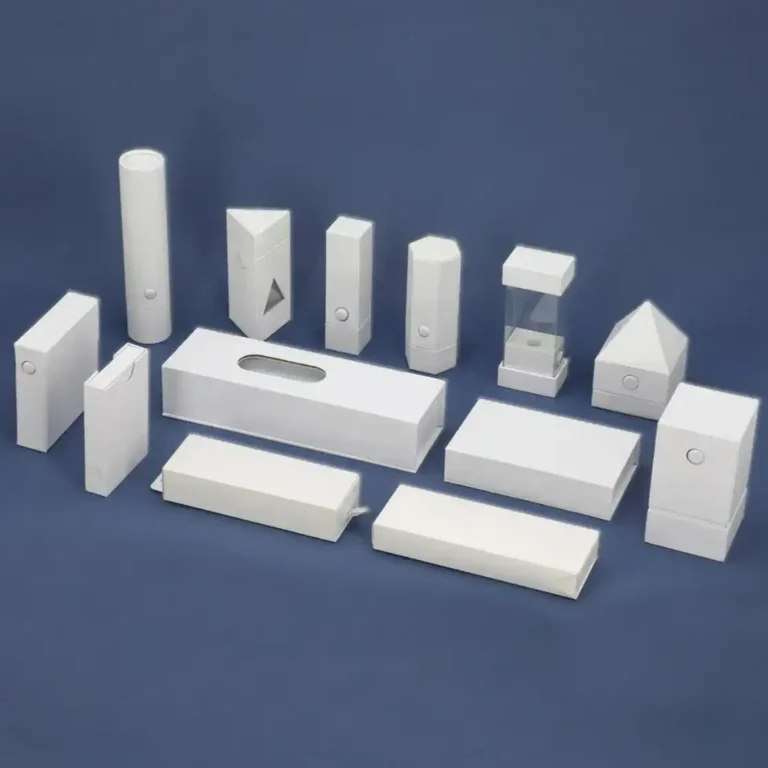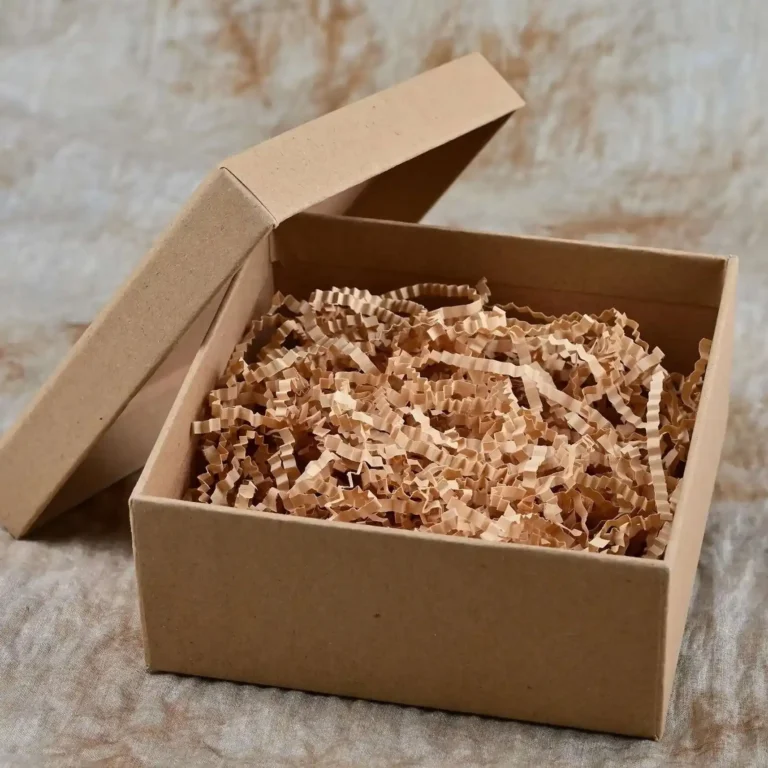The environmental protection road of gift box packaging design: green innovation and sustainable practice
Introduction
Sustainable gift boxes don’t have to trade charm for conscience. With better materials, sharper structures, and circular thinking, brands can lower impact while raising perceived value. This guide walks you through practical moves—from substrate selection to unboxing and second-life reuse—so your packaging feels premium, performs reliably, and aligns with modern expectations. For real-world formats and feasibility cues, explore proven options like paper gift boxes, agile folding cartons, sturdy printed corrugated boxes, and beautifully branded paper tube packaging. When you’re ready to brief, start at our homepage.
Table of Contents
1. Material innovation: from traditional plastics to eco-friendly alternatives
Recycled fiber boards and certified papers
Move rigid lids, bases, and sleeves to high-recycled content boards backed by verified fibers. Keep the luxury look with tactile papers and minimal, well-placed decoration. For an honest, natural vibe, lean into kraft textures and thoughtful emboss or deboss. See elevated references across our paper gift boxes.
Aqueous inks, adhesives, and barrier alternatives
Favor water-based inks, glues, and coatings to reduce VOCs and improve recovery. Replace film laminates with soft-touch or matte aqueous coats. If sparkle is on-brand, use accents sparingly so recyclability remains intact. For cylindrical sets, lightweight paper tube packaging often beats plastic for both feel and sorting.
Mono-material systems that simplify sorting
Design the outer box, insert, and sleeve from the same fiber family. A unified paper system improves curbside acceptance and makes end-of-life intuitive. Drawer formats can stay fiber-only with smart tension and folds—browse our eco-friendly sliding drawer gift box for jewelry for inspiration.
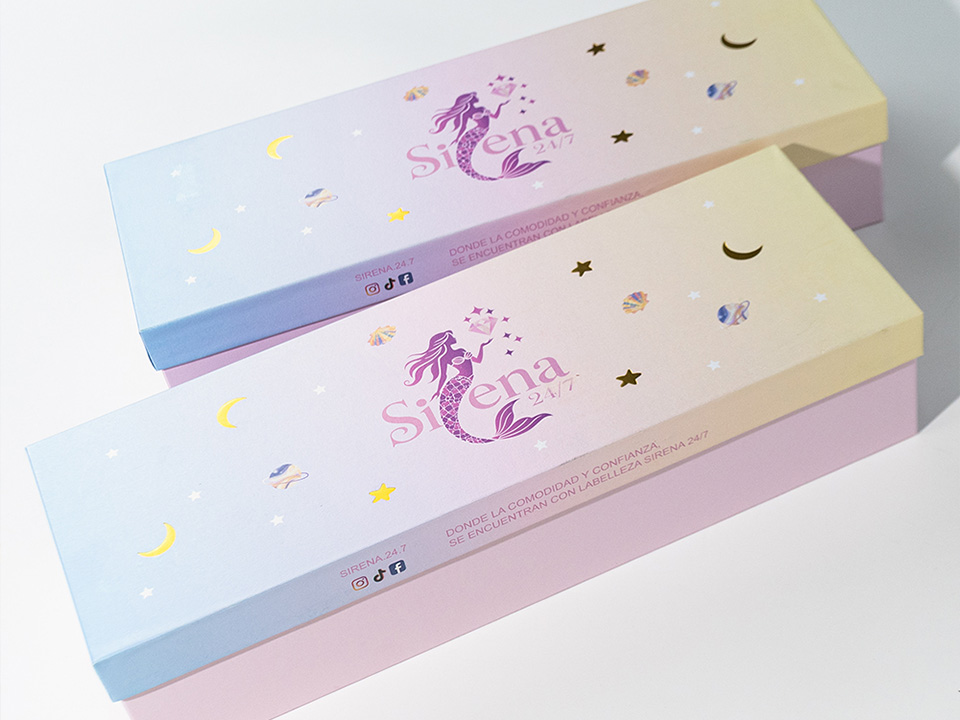
2. Technology upgrade: Dual empowerment of intelligence and structural design
Lightweighting and precision right-sizing
Use early compression testing and CAD iterations to remove excess board weight and reduce voids. Right-sized interiors protect without over-engineering. For ship-ready presentations, merge primary and transit into branded, protective printed corrugated boxes, cutting total materials and touches.
Digital printing for agile runs and localization
Digital workflows trim make-ready waste and enable on-demand variants for seasons, markets, and collabs. You can test limited editions, tune messaging quickly, and avoid obsolete stock—especially useful for gift campaigns with tight calendars.
Modular structures and refill-ready design
Create a base chassis and swap sleeves, bands, or cards for collections and refills. This saves tooling, speeds launches, and encourages keep-and-reuse behavior. Drawer sets, like our luxury kraft drawer gift boxes with ribbon, showcase modular luxury while staying fiber-centric. Where a magnetic reveal is essential, specify clean folds and compact hardware as in our magnetic closure gift box for cosmetics.
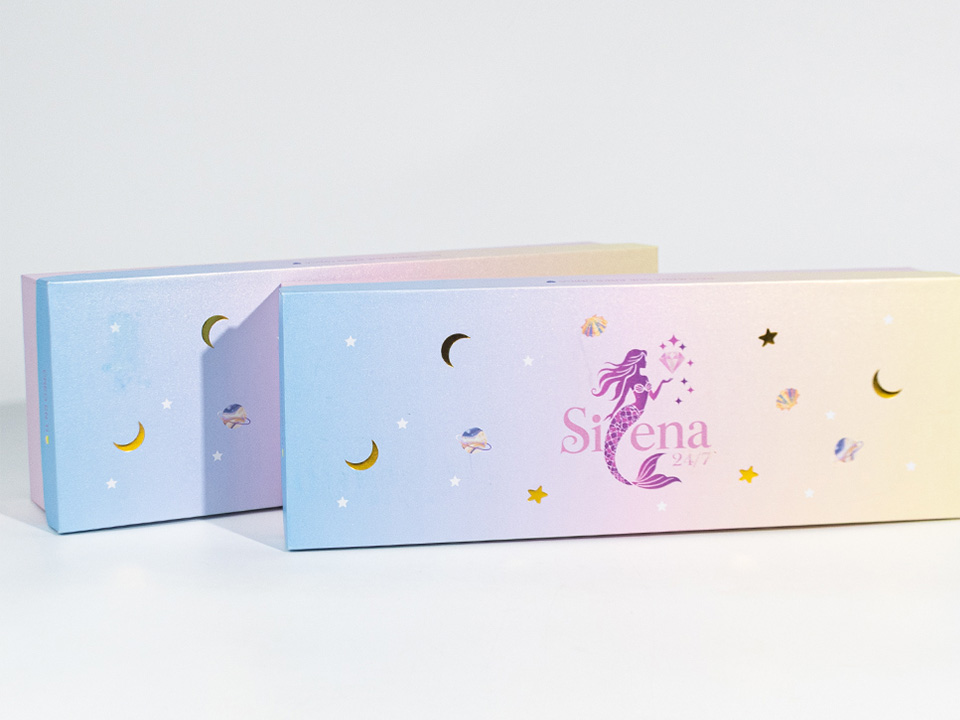
3. Circular Economy: A Closed Loop from Recycling to Regeneration
Design for disassembly and clear labeling
Minimize mixed materials, keep glue zones accessible, and make separation obvious. Use plain-language icons and on-pack cues that match local programs. Avoid hidden components that frustrate sorting.
Reuse before recycle: engineered second lives
Build secondary use into the silhouette—stackable drawers, vanity organizers, or keepsake trays—so the box earns a long life at home. Drawer formats and rigid sleeves naturally excel here; explore the jewelry drawer example above for form factors that invite retention.
Take-back and fiber-first recovery
Favor fiber-only systems for high recovery with everyday curbside streams. Cylindrical sets and dry goods shine in paper tubes; view options through our paper tube packaging hub. For e-commerce, right-weighting plus branded mailers keeps materials lean without dulling the experience—see the breadth of mailer-ready forms in folding cartons and printed corrugated boxes.
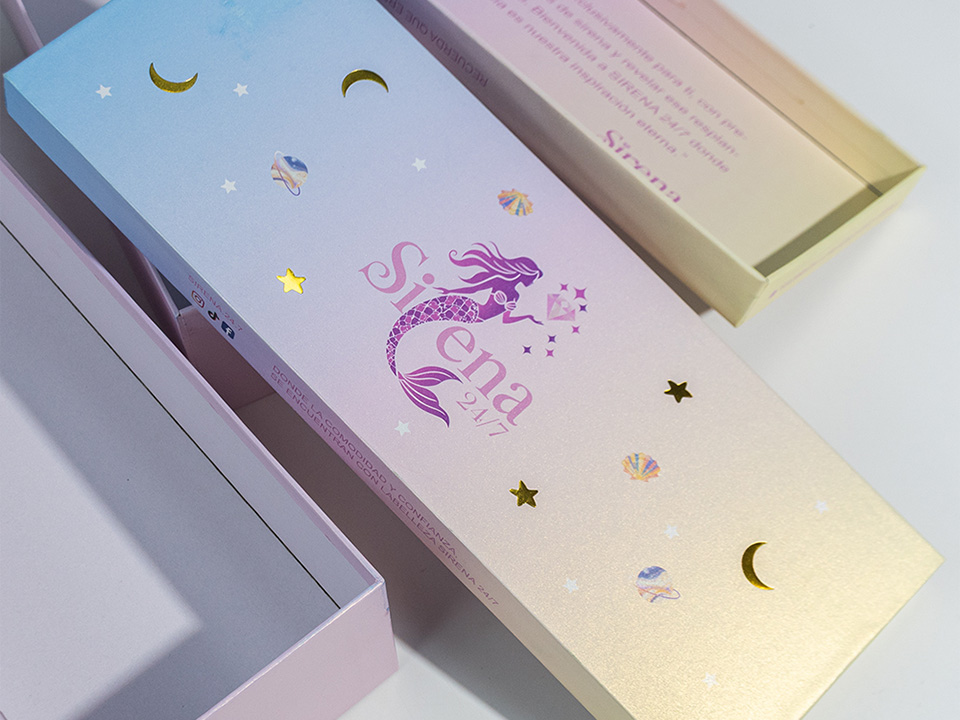
4. Consumer awareness: a paradigm shift from passive acceptance to active participation
Honest claims, simple icons, and felt quality
Consumers reward clarity. Say exactly what’s in the pack system and how to handle it. Let the materials prove it in hand: uncoated fibers, crisp edges, and tidy folds communicate care and craft.
Unboxing moments that teach and delight
Use the inner lid to share a one-line next-life message. Add a QR code to a brief how-to page without crowding the design. Create a calm, layered reveal—sleeve, lift, message—delivered with paper, not plastic.
Make the greener choice the easiest choice
Offer fiber handles and ribbons, nested sets for gifting, and flat-pack options for events. Collapsible structures, seasonal sleeves, and drawer systems keep storage and transport light while preserving drama. Browse the range of giftable formats in paper gift boxes and structural ideas across folding cartons.
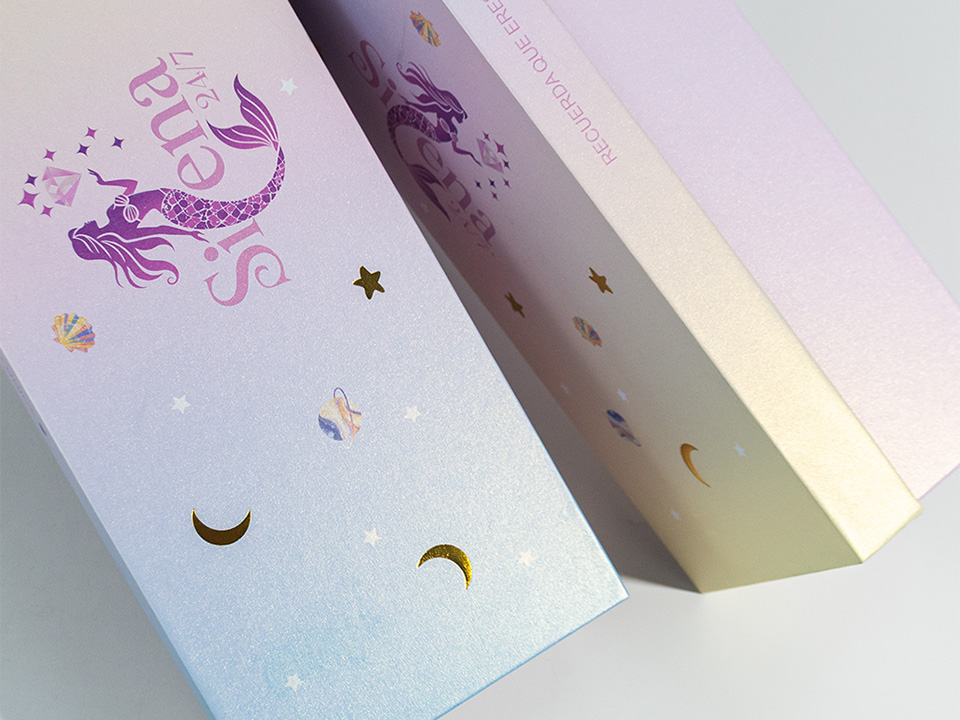
Conclusion
Green isn’t a constraint. It’s a creative direction that sharpens brand story, reduces waste, and upgrades the unboxing ritual. Choose lower-impact substrates, trim the structure with intelligence, and design the end from the start so recovery is easy and reuse feels natural. When you’re ready to spec a program, explore formats via paper gift boxes, folding cartons, printed corrugated boxes, and paper tube packaging—then reach out through our homepage to tailor materials, finishes, and structures to your sustainability targets.




